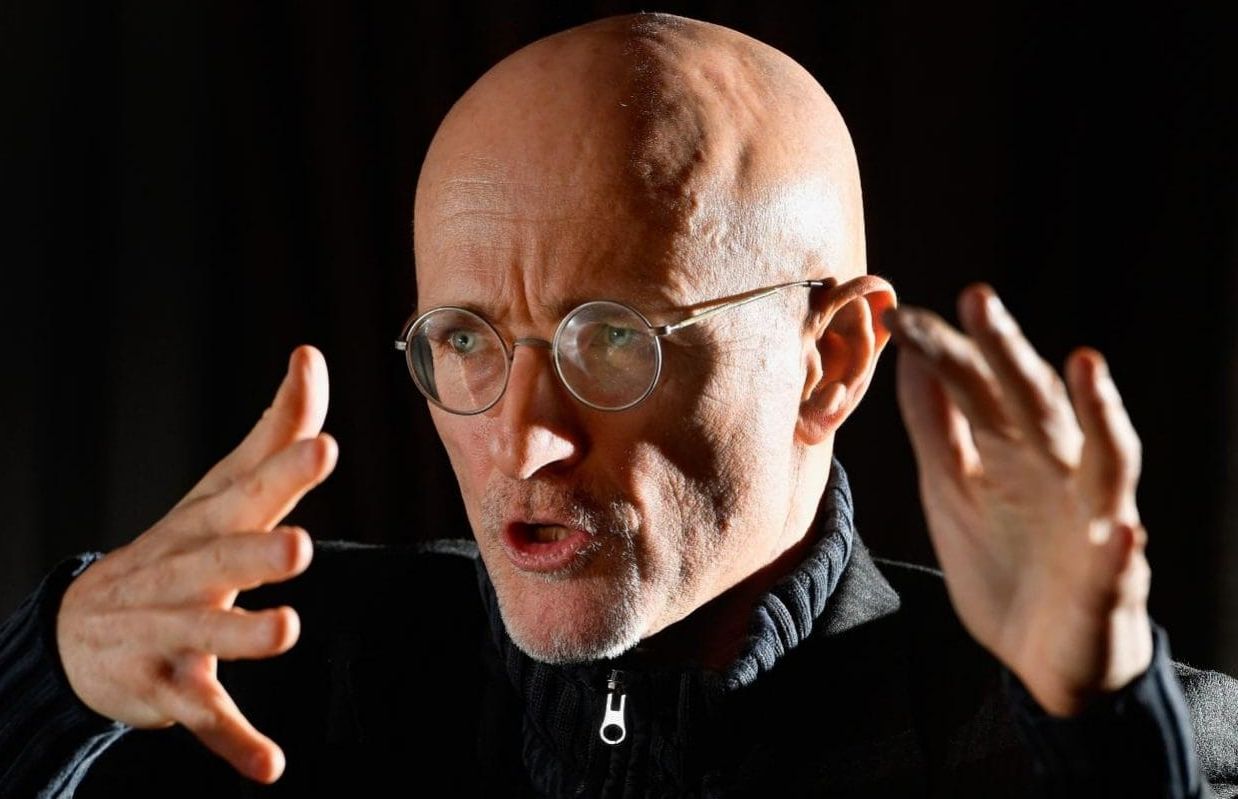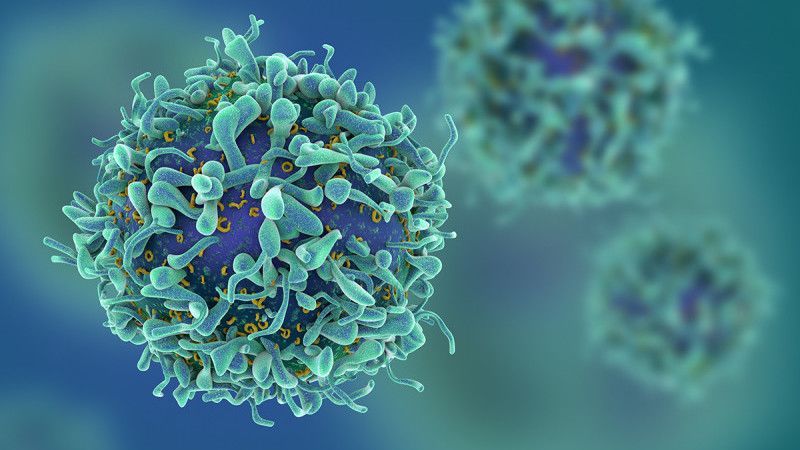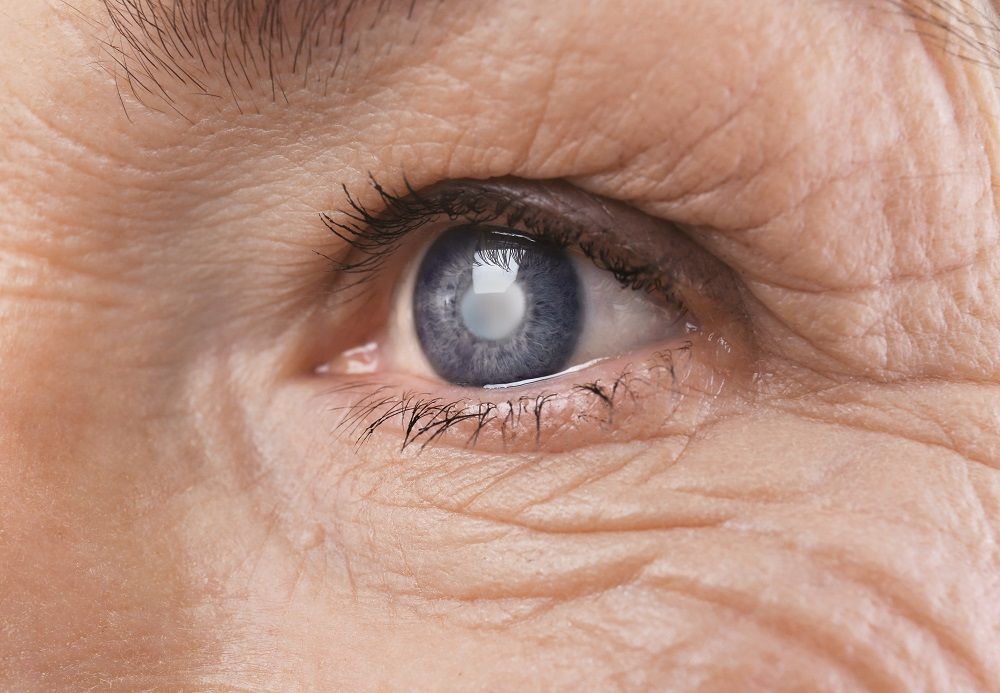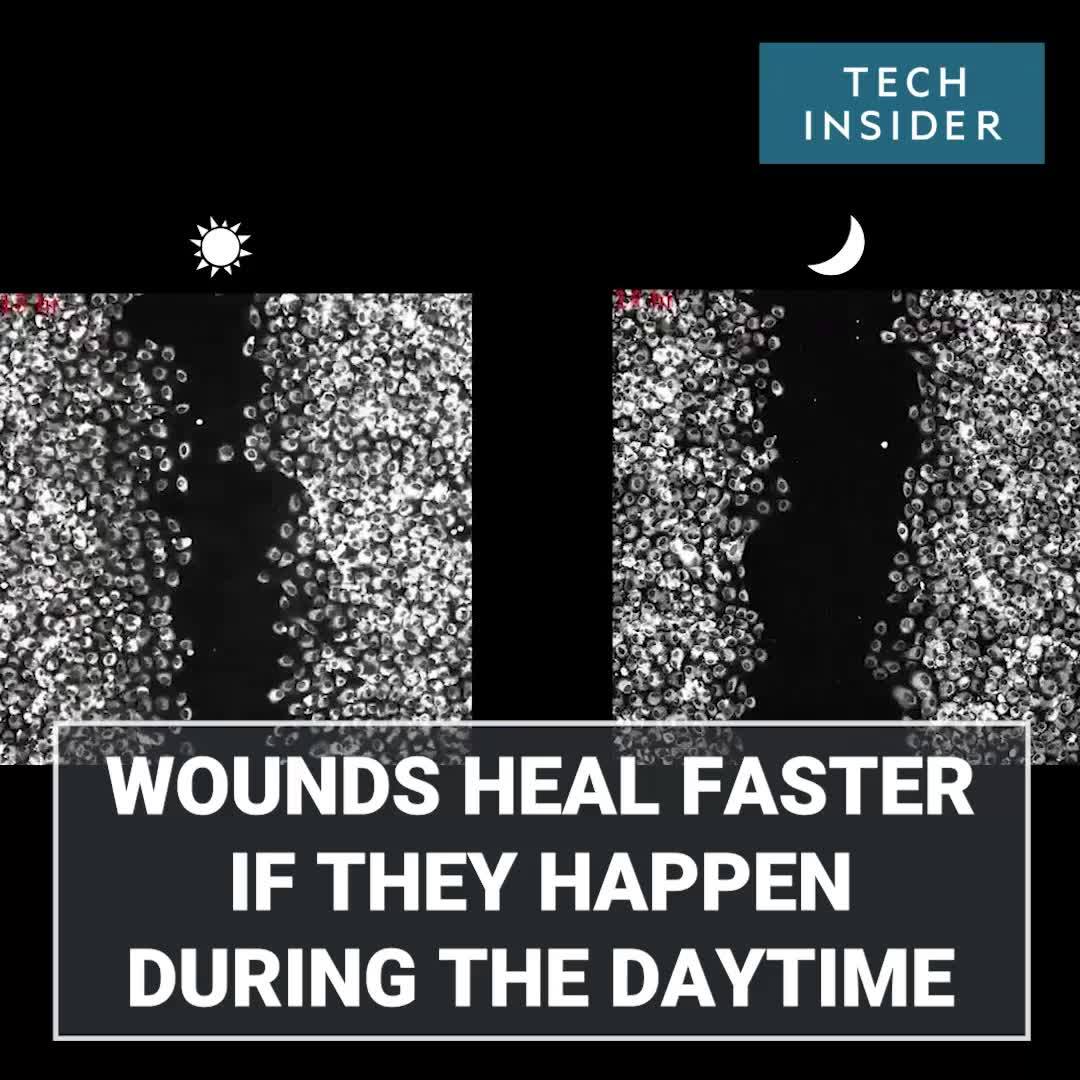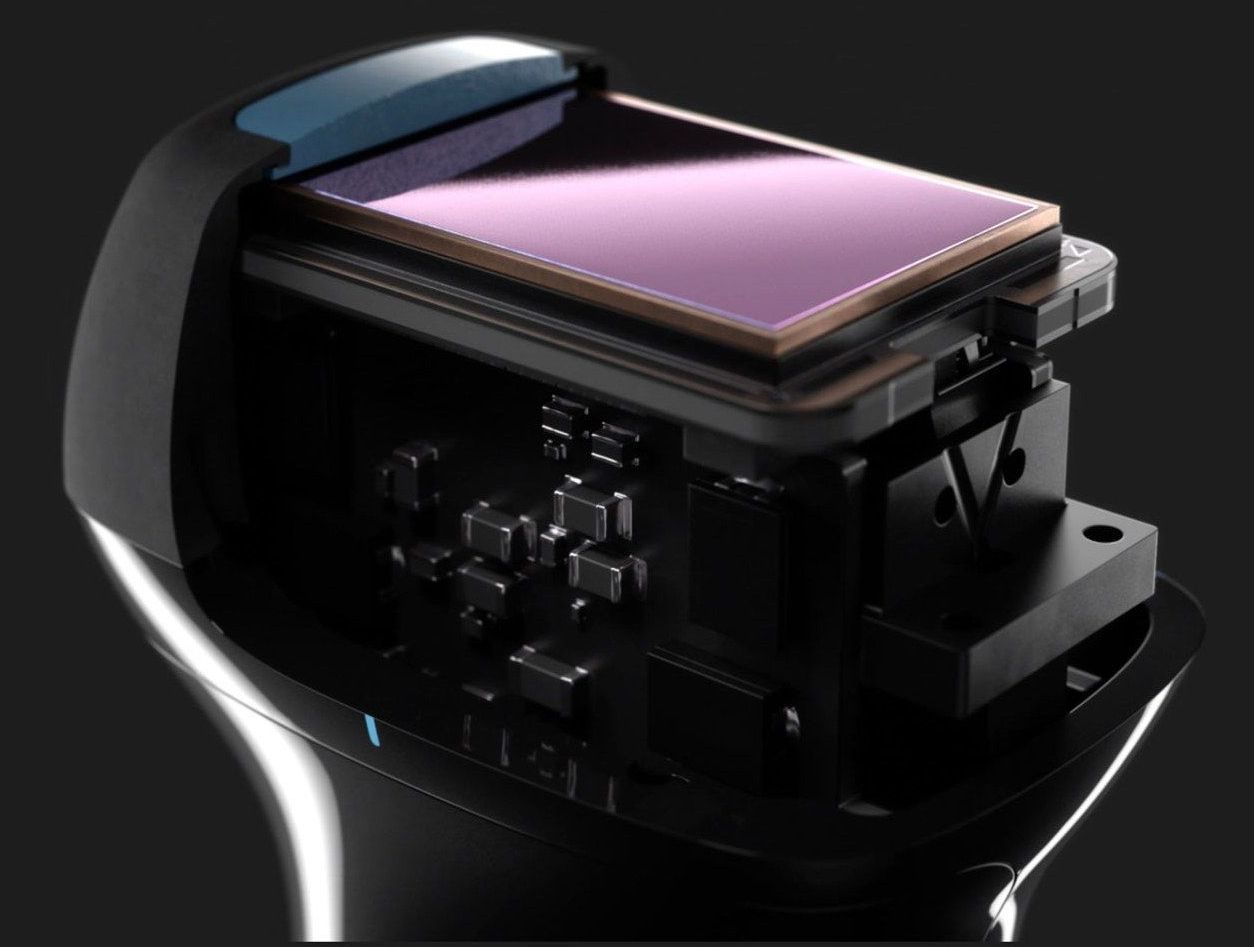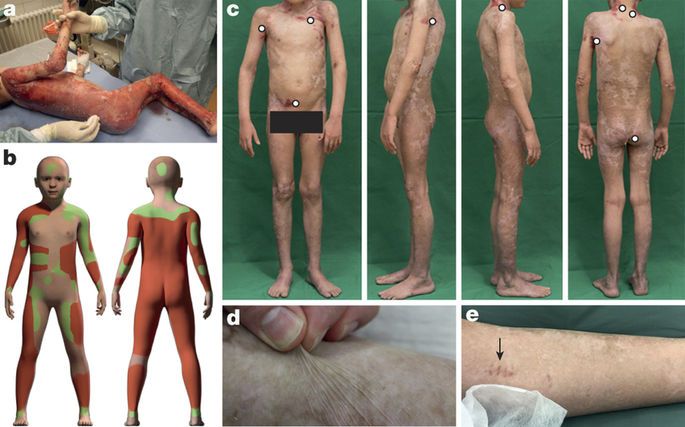Nov 17, 2017
World’s first human head transplant a success, controversial scientist claims
Posted by Shane Hinshaw in category: biotech/medical
T he world’s first human head transplant has been carried out on a corpse in China in an 18-hour operation that showed it was possible to successfully reconnect the spine, nerves and blood vessels.
At a press conference in Vienna on Friday morning, Italian Professor Sergio Canavero, director of the Turin Advanced Neuromodulation Group, announced that a team at Harbin Medical University had “realised the first human head transplant” and said an operation on a live human will take place “imminently”.
The operation was carried out by a team led by Dr Xiaoping Ren, who last year successfully grafted a head onto the body of a monkey.
Continue reading “World’s first human head transplant a success, controversial scientist claims” »
